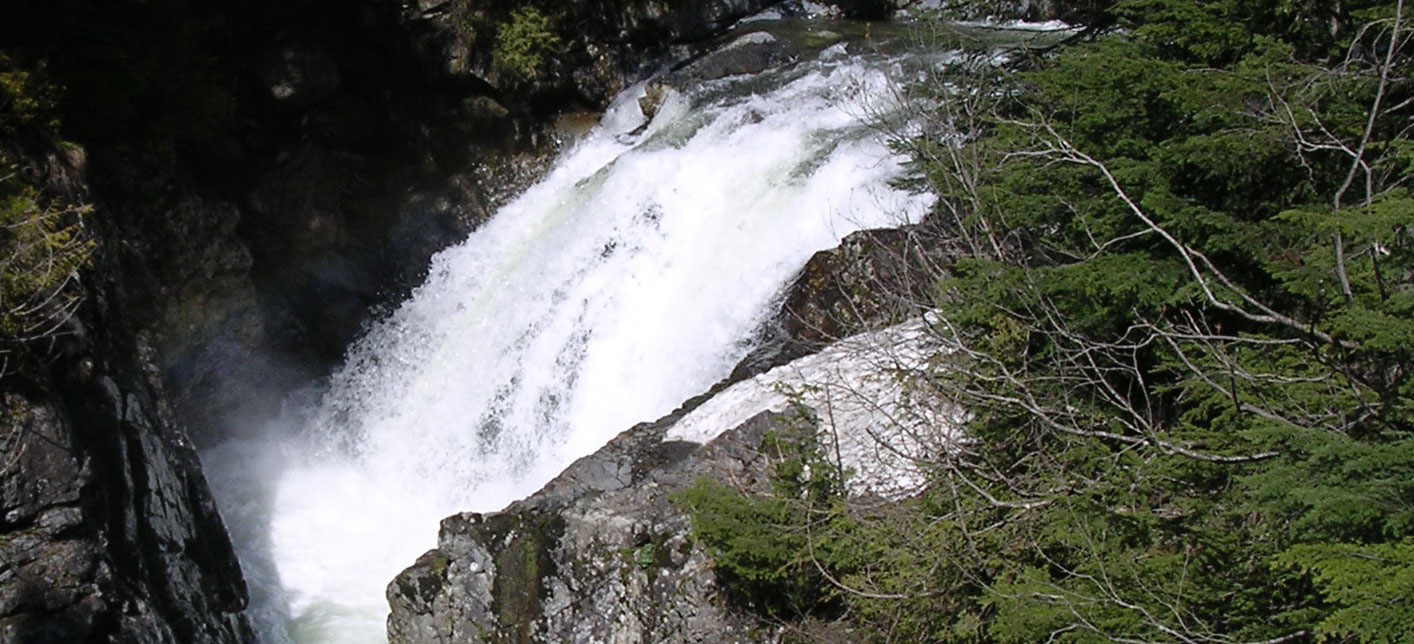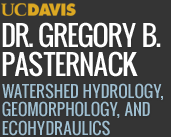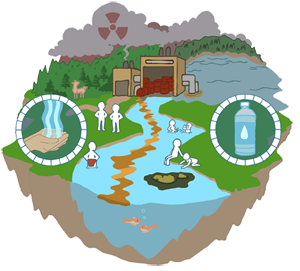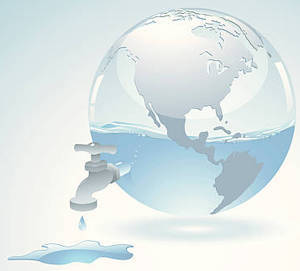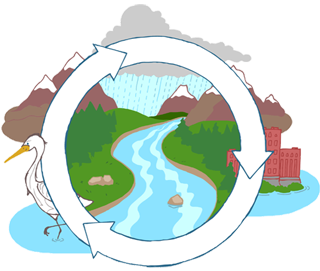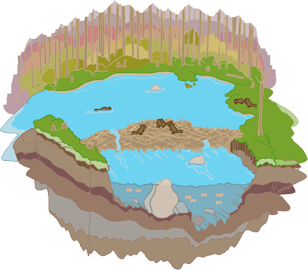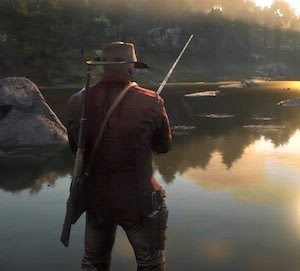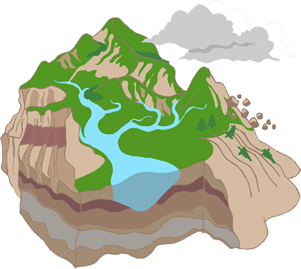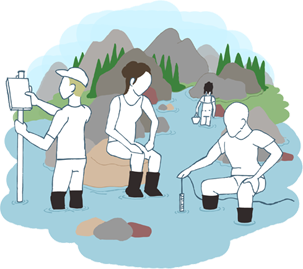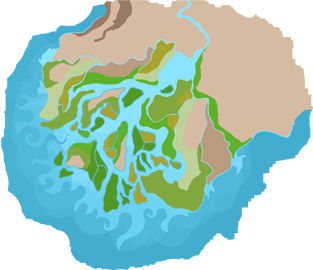Teaching
My overall teaching philosphy revolves around the notion that people learn content and competencies most thoroughly and with the best long-term retention when I engage students directly and as individually as possible, so I actually study each student with the information from their academic records and through my interactions with them; this enables me to customize my interactions with them as much as possible. I see my role as more of a shepherd of learning than somehow a person who uploads content into a student's brain. Teaching does not work that way in my experience. I curate extensive content and experiences for students to interact with. Beyond active learning, I also students benefit when they interact with a topic using as many senses as possible. I know that the theory that differet people learn in different ways is under scrutiny and has concerns. Specifically, even if a person learned better by sight than by touch, then it does not mean that we should focus on teaching them in that preferred mode, because we also should help a student grow and devleop new ways of learning. We do not want studnets to get stuck in their capabilities with such a limitation. Education is a time when students should practice diverse modes of learning and grow all capabilities from initial levels. Towatd that end, I try to deploy a wide range of ways for students to learn. I want students to see, hear, speak, and touch content as much as possible.
